Professor Spotlight: Dr. Natasha Woods
Natasha Woods is Assistant Professor of Biology at Moravian College. She received her B.S. and M.S. in Biology at Jacksonville State University and her Ph.D. in Evolution, Ecology and Organismal Biology at The Ohio State University. Her research focuses mainly on how plant communities are affected by human activities and climate change. She has taught Biology and Environmental Science courses at Moravian for nearly two years now.
What inspired you to go into your field of study?
My reasons for pursuing a career in ecology are two-fold. I love examining plant patterns in the natural environment. There is a reason why some plants flourish in some areas and are nonexistent in others. I enjoy finding out the abiotic and biotic reasons behind these patterns. I also like to investigate how plant communities reestablish after a disturbance. My second reason for pursuing a career in ecology is that role models are important. I had great mentors on my journey through undergraduate and graduate school, and I want to be a mentor for others.
What projects are you currently working on?
I examine how plant distributions are impacted by global climate change. My current project is on Hog Island, Virginia, where I study why a shrub is expanding into dune grass habitat. This shrub used to decrease in the winter due to low winter temperatures, but now temperatures don’t get as low. The shrub may be protected by dune grasses that keep it warm during the winter and dune elevation that blocks it from sea spray. I plan to set up a long term experiment this summer examining the effect of grass density and dune height on the growth of shrub seedlings.
What do you think is the most recent important development in your field of study?
Models are often used to predict how trees in coastal forests will respond to climate change. As more and more trees die from storm damage, more attention is now focused on how trees regenerate after disturbances. Examining germination and seedling stages of development helps us to refine the predictive power of current models. With this data we can better predict establishment and growth patterns of species in light of global climate change.
What job would you have if you couldn’t be a professor, regardless of salary and job outcome? Why?
Growing up in church, I used to participate in Christmas and Easter plays. I loved it! I even wrote a couple of plays for my Sunday School students to perform! If I could do anything regardless of salary and job outcome, I would go into theater. In order to be a great actor, you must get into the mind of the character and empathize with them. I would be an actor because being able to empathize with other people is one of the greatest skills sets you could have or practice.
What do you know now that you wished you knew when you were in college?
As a first-generation college student, I wish I had found a mentor early on to give me guidance on navigating college. Here are the top three things I wish I had known as a college student: sit in front of the classroom to reduce distractions, professors are not scary (they actually want to help you), and retain the information you learn because it will help you in graduate or professional school.
What is your biggest student pet peeve?
My biggest student pet peeve is when students wait too long to ask for help.
What was the last streaming show that you binge-watched or the last good book that you read?
The last good book I read was “Where the Crawdads Sing” by Delia Owens. I loved the vivid descriptions the author presented of the natural world. Reading the book was as close as I could get to the coast when travel was restricted. This book will always be one of my favorites because of the solace it provided.
What is something interesting about you that most people don’t know?
People who have known me for a long time would be surprised to know that I own a Dutch oven and I make my own bread!
What animal do you relate to the most and why?
As a plant ecologist, I want to talk about the plant I relate to the most. The plant I relate to the most is Ambrosia dumosa. It is a desert plant that is quite resilient. It stores nutrients during the spring when water is more available and then it goes dormant during the summer. Dormancy is only broken when sufficient rain falls again. During a multiyear drought branches die and fall off, but the plant continues to live, if only by a sprig! There is a life lesson there somewhere!
Where is your favorite place you’ve travelled to?
My favorite place I have travelled to is Costa Rica. I loved being in the tropical rainforest. There is always something new to see in nature every day!


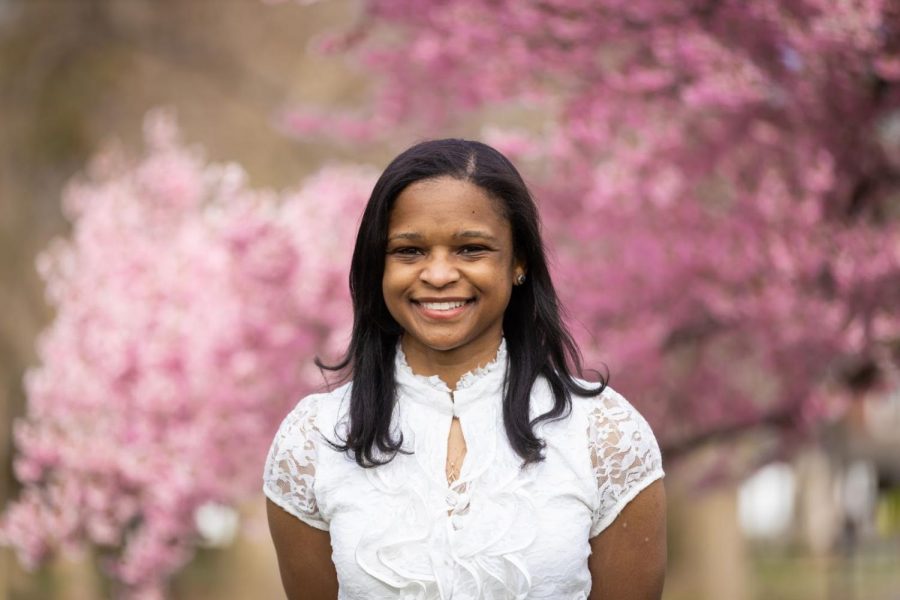

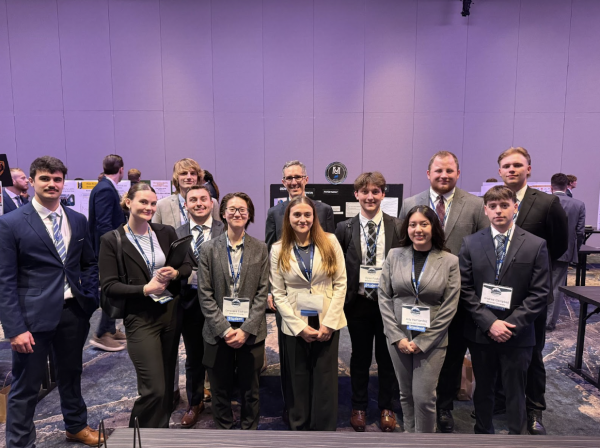
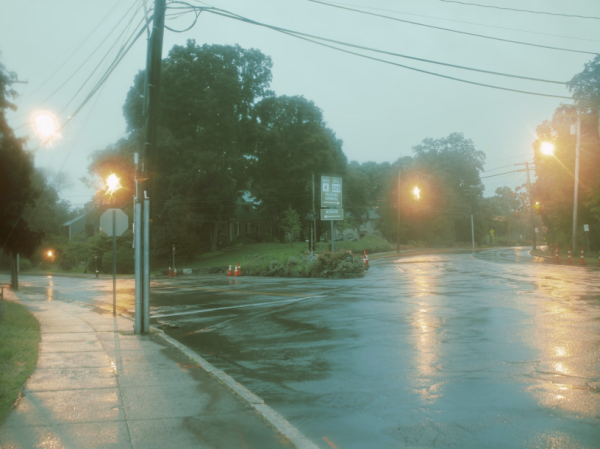

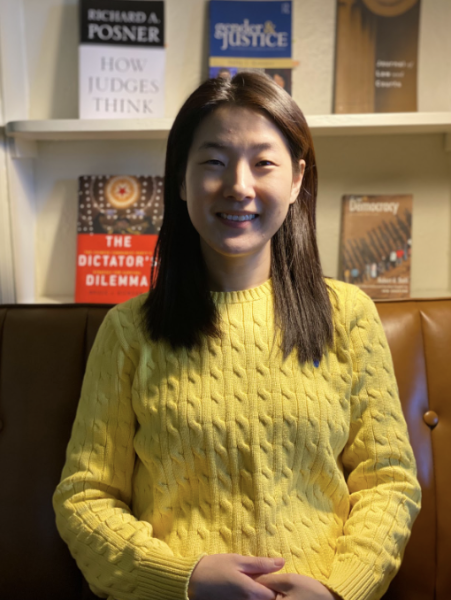
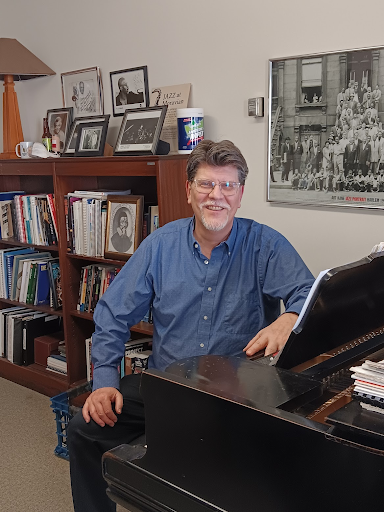
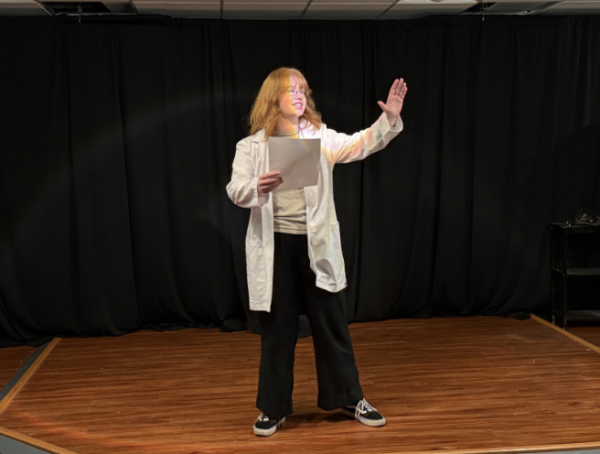
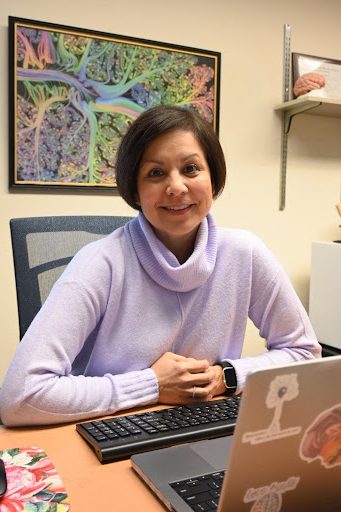
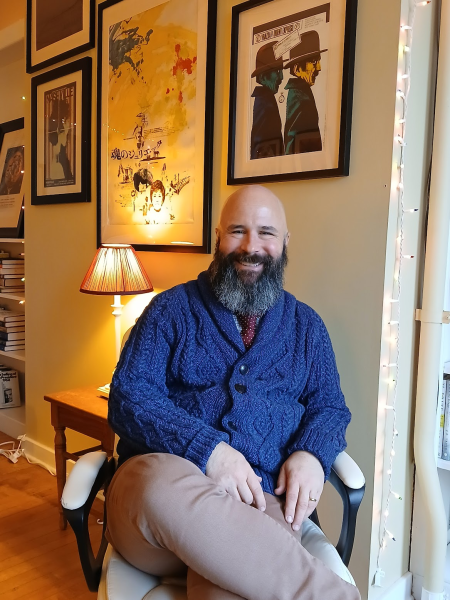
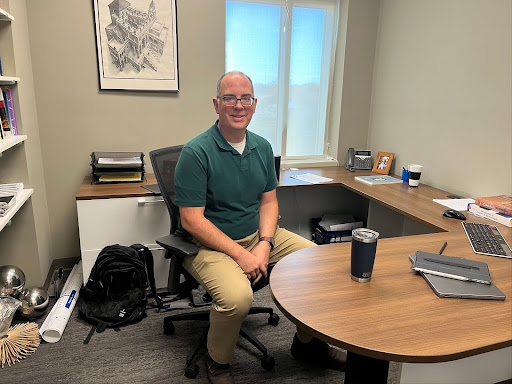
Sara McClelland • Apr 19, 2021 at 8:35 pm
Thank you, Anna for highlighting one of our amazing professors. Dr. Woods is an esteemed colleague, and she teaches some exciting courses at Moravian, including a class on “Wicked Plants!” How cool is that!
I also LOVE this quote from Dr. Woods: “It is a desert plant that is quite resilient. It stores nutrients during the spring when water is more available and then it goes dormant during the summer. Dormancy is only broken when sufficient rain falls again. During a multiyear drought branches die and fall off, but the plant continues to live, if only by a sprig!”
I agree this is an important life lesson and feels especially relevant now!